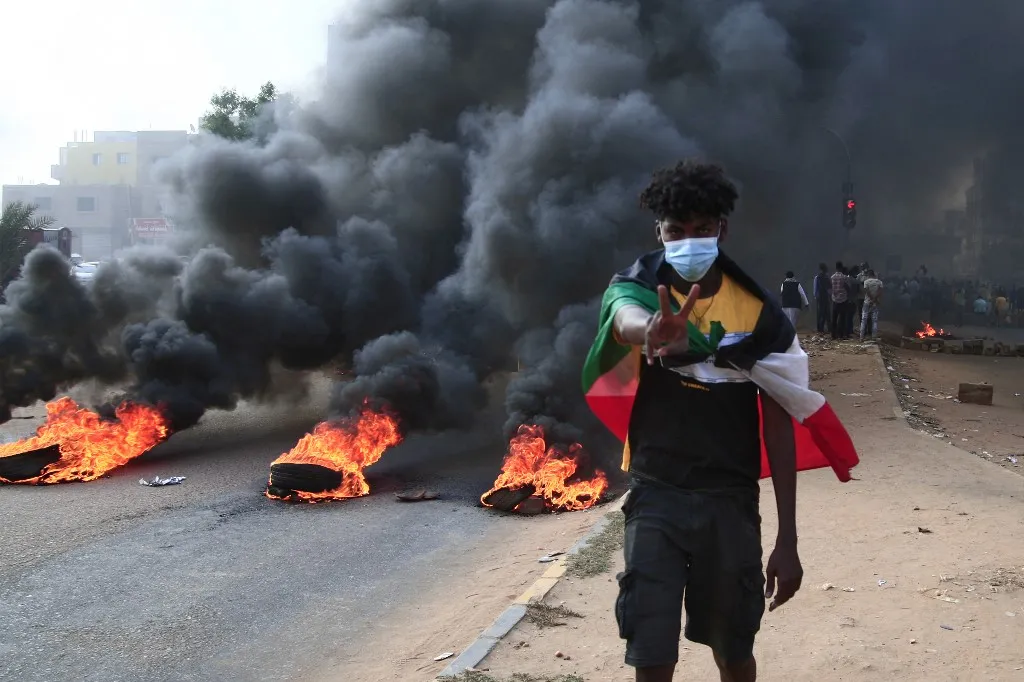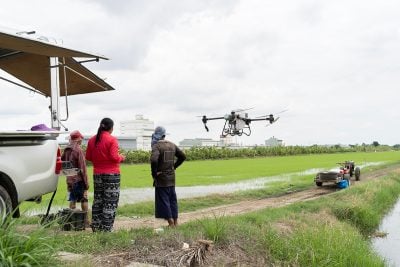Political tensions, protests, and rioting have catapulted Africa to a six-year high of civil unrest, according to research conducted by risk intelligence firm Verisk Maplecroft. The analysis warns that the situation is set to worsen throughout 2023, underscoring the mounting challenges facing by businesses operating in the region.
36 African countries experienced a surge in risk between 2022-Q2 and 2023-Q2, marking the continent’s largest annual increase since the dataset’s inception in 2017, Verisk Maplecroft’s Civil Unrest Index reveals.
The number of African countries now categorised as high or extreme risk for civil unrest has also risen to 37, a significant jump from 28 just six years ago.
The impact of this unrest has reverberated throughout the region, with countries like the Republic of Congo, Angola, and Kenya bearing the brunt of the turmoil. Plunging 32, 29, and 28 positions respectively on the ranking, these nations have witnessed a rapid deterioration in their civil unrest risk profiles.
The firm’s research echoes its previous findings, which identified record levels of political risks, including civil unrest, conflict intensity, and government instability, on a global scale earlier this year.
The = consequences of surging global risk dynamics in these countries cannot be understated, says Aleix Montana, Africa analyst at Verisk Maplecroft.
“As the continent grapples with mounting food shortages, widespread government inefficiencies, and a swathe of contentious elections, the frequency and magnitude of protests is set to increase in the months ahead.”
Food insecurity remains a prominent catalyst for unrest, stoking already high levels of vulnerability across Africa. Soaring inflation in staple food prices has mired countries in heavy reliance on imports to meet national demand.
Cost of food crisis
Africa currently accounts for 16 out of the top 20 highest-risk countries on Verisk Maplecroft’s Food Security Index (FSI), which gauges availability, stability, and access to food supplies. Distressed nations such as Somalia, South Sudan, and the Democratic Republic of Congo rank among the most food-insecure globally. In the past two years, the continent has experienced the sharpest increase in food security risk compared to any other region, further fuelling the likelihood of mass protests demanding access to sustenance.
South Sudan, grappling with insufficient food supplies and soaring living costs, has already witnessed protests in the first half of 2023. Particularly prevalent among internally displaced populations, these demonstrations underscore the government’s failure to provide vital support in terms of food and basic supplies.
Similar scenes have unfolded in the Democratic Republic of Congo, where protesters in Goma, North Kivu province, took to the streets in March 2023, demanding food access and protesting the deaths of ten people from starvation at an internally displaced persons camp.
Adding to the bleak picture, Africa’s uncertain economic outlook and the mounting impacts of climate change are cause for increasing concern. Regions such as the Sahel, Central Africa, and the Horn of Africa are struggling with the longest drought in recent history, intensifying the likelihood of unrest in the months ahead.
Governments’ inefficiencies in addressing key issues such as inflation, unemployment, and crumbling public infrastructure further fuel public discontent. The correlation between Verisk Maplecroft’s Civil Unrest and Government Effectiveness Indices casts this connection into stark relief.
South Africa serves as an example. The country has experienced a sharp rise in risk on the Government Effectiveness Index over the past year, plunging 24 positions to 111th highest risk globally. Government ineffectiveness has fuelled an uptick in unrest, as President Ramaphosa’s government struggles to tackle issues such as unemployment, corruption and the country’s rolling power outages.
The country saw a total of 692 protest and riot incidents in 2023-Q1, up from 456 in the first three months of 2022.
With numerous presidential and legislative elections already having taken place or scheduled in the coming months, political uncertainty and concerns over electoral processes pose additional risks. Recent events in Nigeria, where opposition supporters protested for a new vote due to alleged irregularities, underscore the potential for increased protests across the continent.
The escalation of civil unrest in Africa poses challenges for businesses operating in the region. Disruptions to supply chains, property damage, increased insurance costs, and threats to employee security are among the risks that companies must navigate.
As Africa faces this alarming trend, the need for strategic assessments, contingency planning, and measures to address the root causes of unrest becomes increasingly urgent to ensure stability, economic growth, and the well-being of communities across the continent, the report says.
Want to continue reading? Subscribe today.
You've read all your free articles for this month! Subscribe now to enjoy full access to our content.
Digital Monthly
£8.00 / month
Receive full unlimited access to our articles, opinions, podcasts and more.
Digital Yearly
£70.00 / year
Our best value offer - save £26 and gain access to all of our digital content for an entire year!

 Sign in with Google
Sign in with Google 



